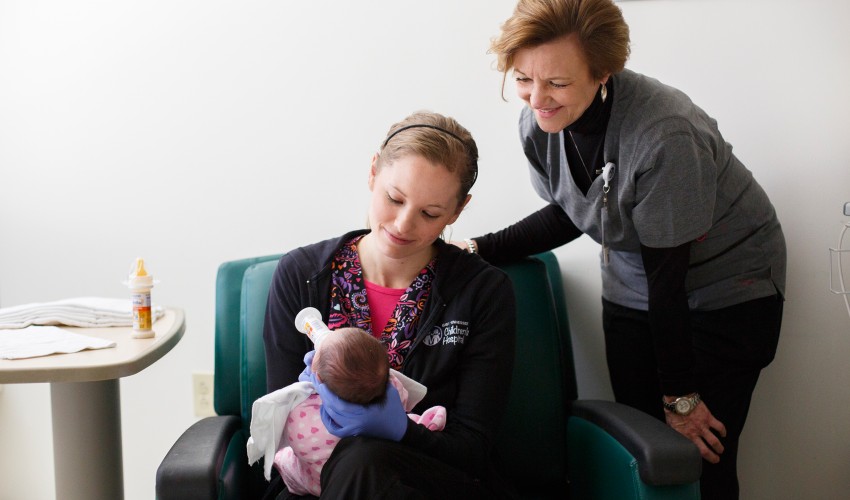They didn’t expect this.
Whitney and Zack Moore decided to adopt a child and connected with a young woman who was pregnant and wanted to give her baby a stable home. The couple supported her throughout the pregnancy and were stunned to discover that their soon-to-arrive daughter would be born with Neonatal Abstinence Syndrome.
“The birth mother’s drug of choice was anything she could get her hands on,” says Whitney.
“So Ellie Kate was born with every drug you can think of in her system.”
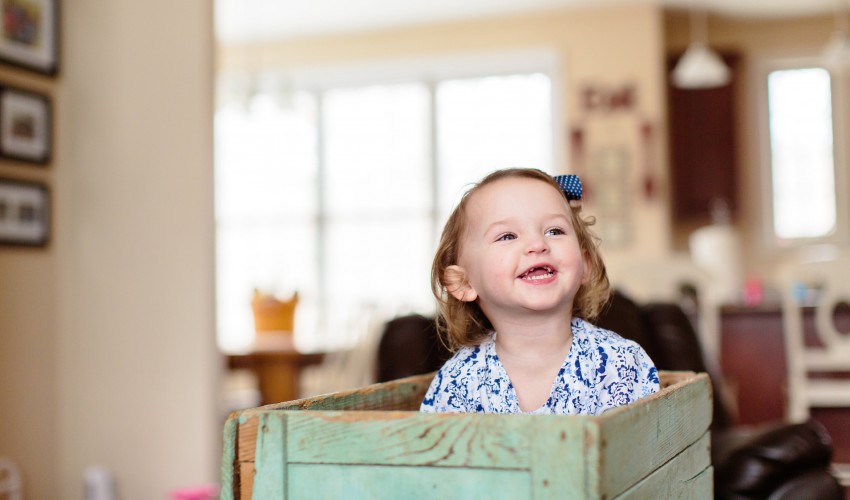
Ellie Kate, now 3 years old, was the first baby the Moores adopted.
It was a lot to take on, yet the Moores never hesitated about going through with the adoption. Now nearly 3 years old, Ellie Kate still struggles with numerous medical issues and sensory overload problems. She spends a lot of time in doctor’s offices, at therapy sessions, and sometimes in the hospital.
About a year after Ellie Kate came home with the Moores, soon after Whitney found out she was pregnant herself, came news that Ellie Kate’s birth mother was pregnant again and had asked if the Moores wanted to adopt another little girl. Without hesitation, they said yes.
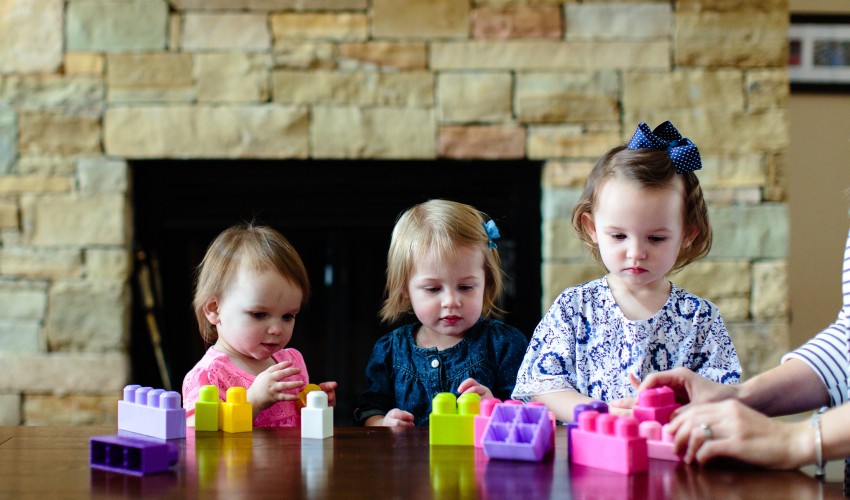
Addie, Mollie Reese and Ellie Kate play together.
Addie, born around the same time as their daughter Mollie Reese, also had NAS, though her situation was different from her older sister’s. Incarcerated during her pregnancy, the birth mother was prescribed an antidepressant by the jail doctor.
That stunned the Moores, who naturally assumed the birth mother would not have access to drugs in jail. But again, they didn’t hesitate to bring a baby who needed them into their family.
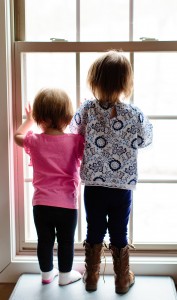 “We were more prepared,” Whitney says. “Addie’s tremors were worse than Ellie Kate’s. She has a heart condition and more birth defects.”
“We were more prepared,” Whitney says. “Addie’s tremors were worse than Ellie Kate’s. She has a heart condition and more birth defects.”
Yet their family is normal in all other ways. They’re loving. They have fun with their three girls. They persevere through the tough moments and enjoy the rest.
Whitney chronicles it all in thislifeismoore.blogspot.com and speaks to groups, schools, legislators and neighbors to help them understand the NAS problem.
“Every day is a reminder of what happened to them in utero,” says Whitney. “Had we not had two NAS babies, I would still be in the dark about the problem.
“If you don’t see it, you just can’t grasp how bad it is. That’s why we share our story.”
“This just wasn’t talked about in our small community,” says Whitney, “and we need to spread more awareness.”
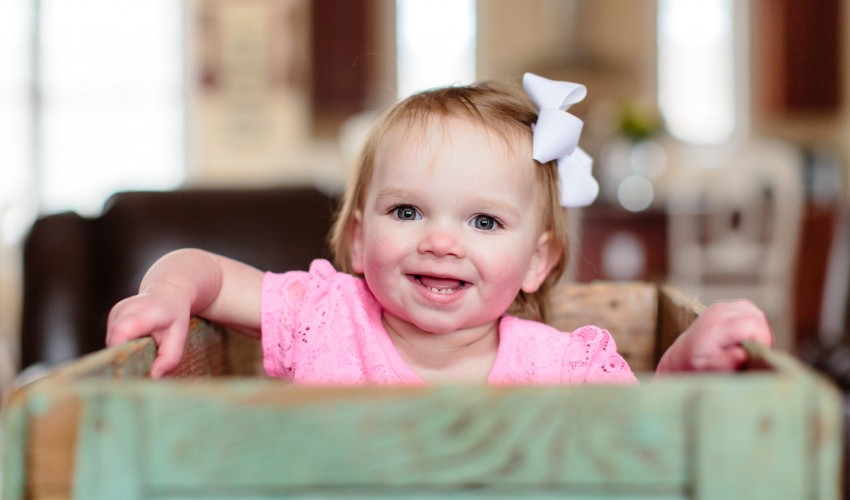
Addie's tremors were worse than Ellie Kate's, but today she is a bright, happy little girl thanks to the Moore family.


